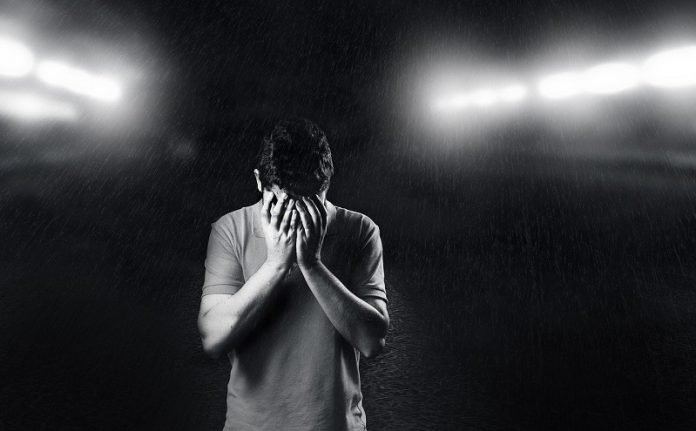
More than 6 percent of Americans will develop posttraumatic stress disorder (PTSD) in their lifetime.
This potentially chronic condition disrupts lives and can lead to or exacerbate existing health issues such as depression, anxiety, eating disorders, and suicidal thoughts.
Despite the high prevalence of PTSD, the US Food and Drug Administration has only approved two medications to treat this condition—sertraline and paroxetine—and both have shown only limited effectiveness in reducing PTSD symptoms.
Scientists from Boston University found that hepatitis C drugs may reduce PTSD symptoms.
In the study, researchers examined whether existing medications may improve PTSD symptoms.
They found that several new antiviral medications used to treat hepatitis C virus infection were associated with PTSD symptom improvement.
Their analysis showed the most promising drug as a potential medication for PTSD in patients without hepatitis C virus infection.
The study found that the medication combination glecaprevir (GLE) and pibrentasvir (PIB) had the strongest association with PTSD symptom improvement.
The researchers examined 254 Veterans Affairs patients who were diagnosed with PTSD and hepatitis C between October 1999 and September 2019.
The researchers monitored the patients’ symptoms for both PTSD and HCV between two clinical visits over 8 to 12 weeks.
They found that the GLE/PIB medications were more strongly linked to PTSD symptom improvement, consistent with their previous results.
The team says this is a very exciting case where they used VA patient data to identify a potential treatment for PTSD, which is a very important problem for veterans’ health.
In this way, veterans have informed PTSD treatment development.
If you care about mental health, please read studies about PTSD: what you need to know, and depression, anxiety, and PTSD may not be mental diseases at all.
For more information about mental health, please see recent studies that PTSD, anxiety, and loneliness are common after COVID-19 hospitalization, and results showing deep sleep could help ease your anxiety.
The research was published in the American Journal of Epidemiology and conducted by Jaimie Gradus et al.
Copyright © 2022 Knowridge Science Report. All rights reserved.



